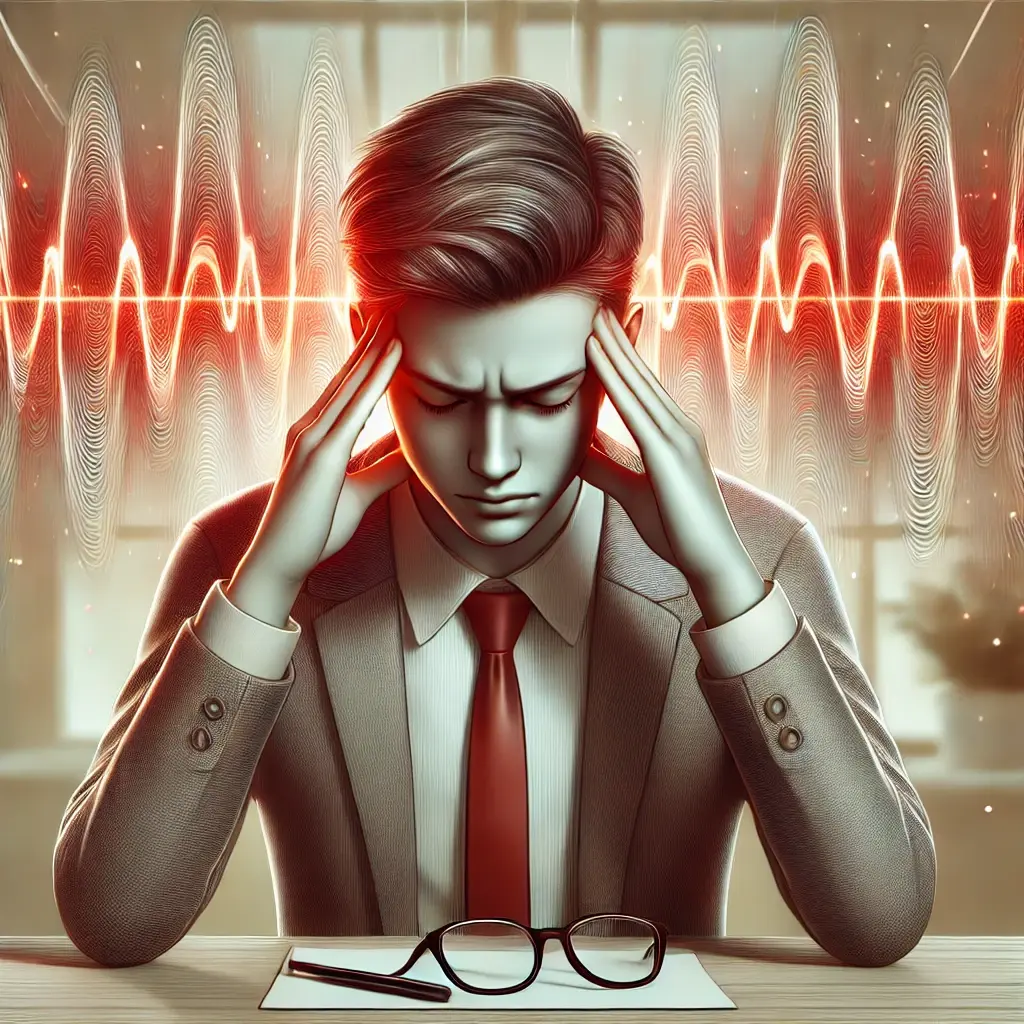Tension headaches are extremely common and often caused by stress, anxiety, or muscle strain. These headaches can range from being mild to very painful and might last just a few hours or stretch on for months. Let's examine what brings on tension headaches, their symptoms, and how you can manage them effectively.

Causes of Tension Headaches
Stress and Anxiety
Feeling stressed may cause muscle tightness, leading to headaches. Worrying and overthinking are also common triggers for stress-related headaches.
Muscle Tension
Tense muscles in areas like the neck, shoulders, and head can lead to headaches. Poor posture or sitting for extended periods contributes to muscle tension and headaches.
Eye Strain
Spending too much time looking at screens without taking breaks can cause headaches. Uncorrected vision issues can also lead to headaches.
Lack of Sleep
Missing out on enough sleep can increase stress and worsen headaches. Irregular sleep patterns can prevent proper body recovery, leading to headaches.
Hormonal Changes
Hormonal shifts, such as those during pregnancy, can cause headaches for some people.
Dehydration and Poor Nutrition
Not drinking enough water can trigger headaches. Skipping meals or consuming too much caffeine can also be culprits.
Symptoms of Tension Headaches
- Experience dull, aching pain that may be steady or intermittent.
- Feel pressure around the head, especially in the forehead, temples, or back.
- Notice tightness in the neck and scalp, leading to headaches.
- Pain can intensify with stress or anxiety.
- Experience difficulty concentrating because of head pressure.
- Headaches could last from days to weeks, or even months.
- Pain stays mild to moderate and isn't worsened by physical activity.
Common Locations of Tension Headaches
- Forehead: pressure across the forehead.
- Temples: pain by the sides of the head.
- Back of the head: pain at the skull's base.
- Crown of the head: tight band-like sensation.
- Neck-related: caused by tight neck muscles.
Managing and Treating Tension Headaches
Stress Management
Engage in relaxation activities like meditation and deep breathing exercises. Consult a counselor or therapist if anxiety is a frequent issue.
Lifestyle Changes
Exercise regularly to ease muscle tension. Ensure enough water intake and maintain a nutritious diet. Limit caffeine and alcohol consumption.
Posture and Ergonomics
Practice good posture and use ergonomic seating. Take frequent breaks from screen time.
Pain Relief Methods
Apply cold or warm compresses to relax muscle tension. Use over-the-counter pain relief like ibuprofen. Try massage therapy for relieving neck and shoulder tension.
Adequate Rest and Sleep
Stick to a regular sleep routine. Avoid screens before sleep to reduce eye strain.
When to Seek Medical Help
- Seek help if headaches persist for weeks or months.
- Consult a doctor if headaches worsen or include vision changes, dizziness, or nausea.
- Immediate attention is needed for sudden, severe headaches different from usual.
- Talk to a healthcare professional if headaches disrupt daily activities and work.
